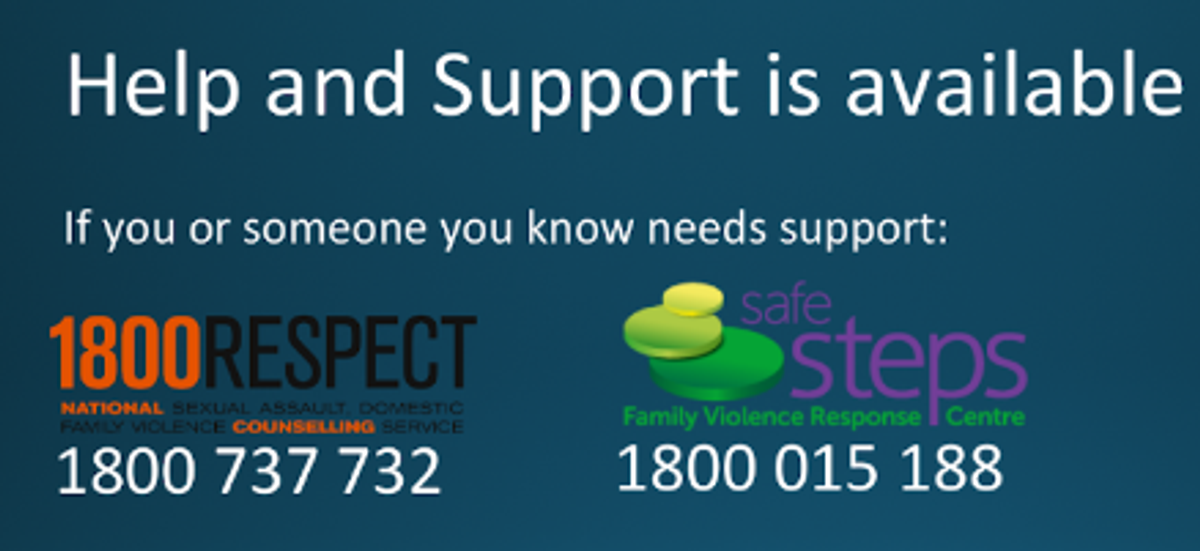Wellbeing
Grade 6 presenting @ Book Week

Wellbeing
Grade 6 presenting @ Book Week
Respectful Relationships, TOPIC 8: Positive Gender Relations
Students have now begun to engage in the next topic of RRR. See below for a summary of the focus areas for each cohort, and the research behind the curriculum. We will share some example lessons in our next newsletter, just like we did for Topic 7.
PREP – 2 CURRICULUM
EVIDENCE BASE: Studies show that school based violence prevention and respectful relationships initiatives can make a real difference, producing lasting change in attitudes and behaviours in students. In effective programs, children and young people learn about the ways in which power relations inform gender relationships. They learn how to translate a belief in respect for others into respectful communicative practices. Participatory pedagogies stimulate the critical thinking necessary to interrogate social norms and to develop the social skills needed in daily life.
Activities will assist students to:
• Develop an understanding of the positive impact of respectful gender relations
• Develop an understanding unfair and hurtful behaviours based on ideas about what it means to be a boy or a girl, including what people can say, do or show to make people feel welcome
• Practice enacting skills to support positive peer relations
• Identify and practice assertive and help-seeking strategies to help keep themselves safe
GRADE 3/4
EVIDENCE BASE: The development of empathy is pivotal in the prevention of discrimination and violence. Peers who have an empathetic engagement with the target of violence are more likely to proactively respond with acts of support or kindness. People with higher levels of empathy and greater awareness of the effect that violence can have on victims are more likely to intervene when they see or hear about instances of bullying. Continuing to develop students’ emotions vocabulary and encouraging them to monitor emotions in themselves and others, helps to build empathy.
Activities will assist students to:
• Identify different forms of gender based violence, including physical, verbal and psychological
• Examine the effects of violence on targets, witnesses and perpetrators
• Describe and demonstrate what respectful, inclusive behaviours look like in action
• Describe and practice help-seeking skills and strategies that can be used when encountering uncomfortable or unsafe situations involving peers or adults.
GRADE 5/6
EVIDENCE BASE: Patterns of gender-based violence in society affect children and young people. Family violence is often witnessed by the children who live in the household. In Australia, domestic, family and sexual violence is found across all cultures, ages and socio-economic groups, but the majority of those who experience these forms of violence are women.
Activities will assist students to:
• Identify different manifestations of gender-based violence, including physical, verbal, psychological and sexual, and the ways in which these types of violence can play out in face-to-face and digital environments
• Explore the relationship between negative gender norms and acceptance of gender-based violence
• Identify and practice behaviours that demonstrate respect and recognition of the rights of others within interpersonal relationships
• Demonstrate use of protective and assertive behaviours, peer support and help seeking strategies that can be used to maintain safety or dignity.
If any of the content we are currently sharing is triggering for you, please seek support.


ORANGE DOOR: Bayside Peninsula
60-64 Wells StreetFrankston, 3199
184 Salmon StreetHastings, 3915
NO TO VIOLENCE: Men's Referral Service
1300 766 491